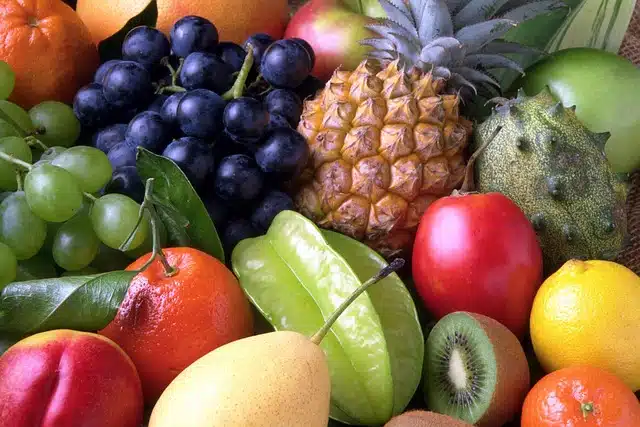
The heterogeneous is made up of components of different nature.
From the Latin heterogenĕus , heterogeneous is that which is composed of parts of a different nature .
For chemistry , a heterogeneous system is made up of at least two phases. This characteristic can be detected from a simple visualization, when the different components of the system are appreciated.
An example of a heterogeneous system is granite or berroqueña stone , an igneous rock that is made up of quartz, mica and feldspar. When observing this stone , you can notice its various granules and spots.
Characteristics of a heterogeneous system
Heterogeneous systems, therefore, present intensive properties whose values differ in some of their points . There are heterogeneous systems that are even made up of a single element, although with more than one phase (like an ice cube floating in water).
Suspensions (made up of a solid and a liquid) and emulsions (made up of two liquids) are two types of heterogeneous systems. It should be noted that there are various mechanisms for the separation of the phases of these systems.

Sieving makes it possible to separate phases of a heterogeneous system.
Phase separation
Filtration is the method that allows separating a solid from a liquid when the former is insoluble in the latter. For this it is necessary to use some type of filter that allows the solid to be retained while the liquid passes through small holes. Straining orange juice to remove the seeds is an example of filtration.
Sieving , for its part, helps separate two solid components of a heterogeneous system. The sieve is the element that works as a strainer and retains the largest solid.
Magnetization , dissolution , centrifugation and decantation are other mechanisms that allow the phases of heterogeneous systems to be separated.
Centrifugation is the process by which the separation of solids from liquids is carried out. However, it must be emphasized that a centrifuge is used whose clear objective is to accelerate the process.
In the case of decantation, it must be made clear that it is a process that is used to separate solids from liquids, taking into account the existing difference in density. More specifically when the aforementioned solid is much denser than the liquid.
The heterogeneous in education
In addition to everything stated above, we would have to add the existence of another important term. This is what is known as heterogeneous grouping , which is carried out in the educational field.
Specifically, that expression is used to refer to a type of distribution that is carried out in the students' classes. That is, for example, all those students who are gifted will not be placed together in the same class but in several classrooms. In this way, in each group what will exist will be an intellectual, emotional and educational diversity.
This is related to what is known as flexible grouping in open classrooms. What this action basically seeks is for the students themselves to have the ability to choose certain issues in their education. In this way, what will be achieved is that they improve not only their personal autonomy but also their motivation to face their present and future training.
